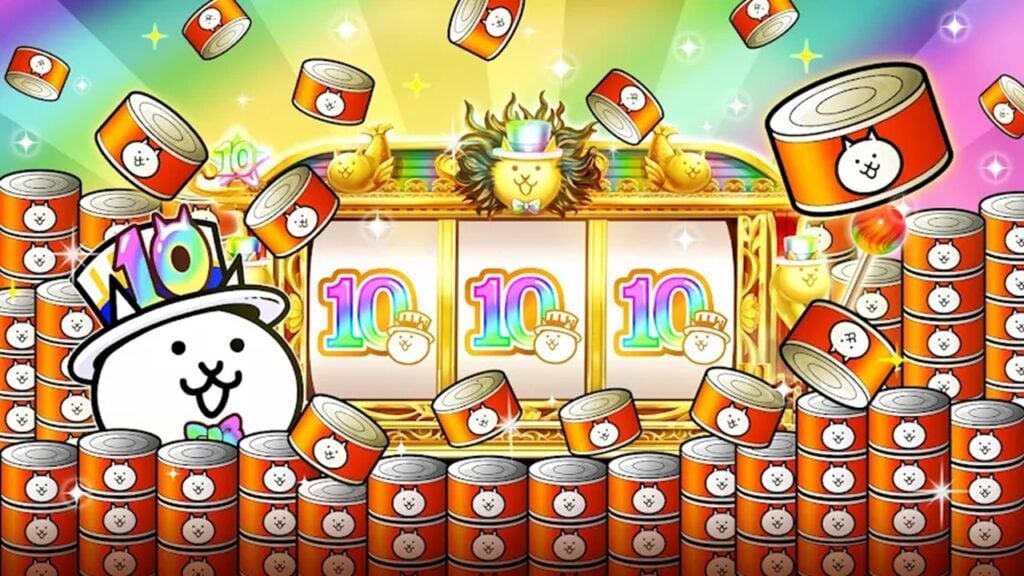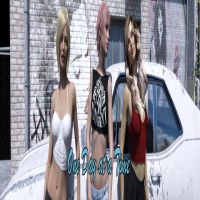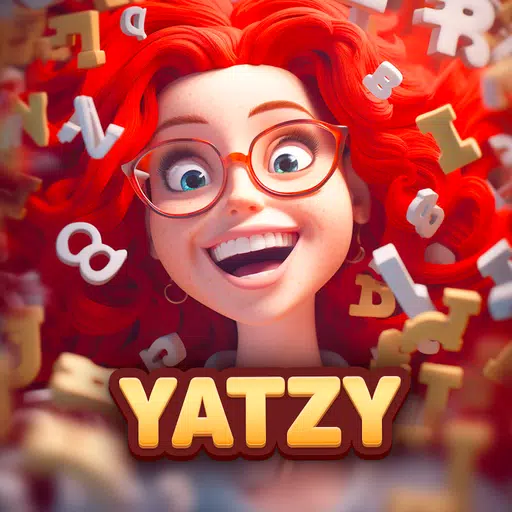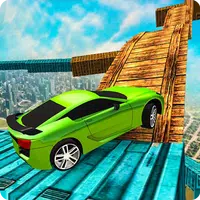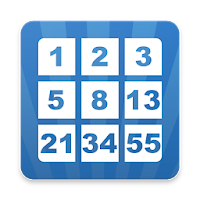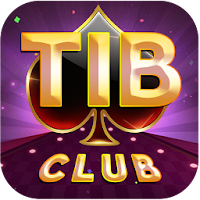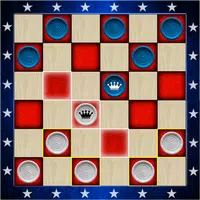How Doom’s Combat Evolves Alongside Modern Metal Music
The Doom series has long been synonymous with the pulsating rhythms of metal music. A single riff or glimpse at its iconic demonic imagery instantly evokes this connection. The series' traditional motifs—flames, skulls, and devilish creatures—mirror the visual aesthetics of legendary metal bands like Iron Maiden. Over its 30-year history, Doom's evolution in gameplay has been mirrored by its soundtrack, which has ventured through various metal sub-genres, from its thrash metal origins to the metalcore-infused soundscapes of Doom: The Dark Ages.
When Doom first burst onto the scene in 1993, its soundtrack was heavily influenced by the thrash metal giants of the late 80s and early 90s. Co-creator John Romero has openly acknowledged the impact of bands like Pantera and Alice in Chains, which is evident in tracks such as "Untitled" used for the E3M1: Hell Keep level, featuring a riff strikingly similar to Pantera's "Mouth of War." The original Doom's score, crafted by Bobby Prince, embraced the thrash subgenre, echoing the intensity of bands like Metallica and Anthrax. This driving soundtrack perfectly complemented the game's fast-paced action, guiding players through Mars' corridors and enhancing the urgency of encounters with demonic foes.
Doom: The Dark Ages - Gameplay Screenshots
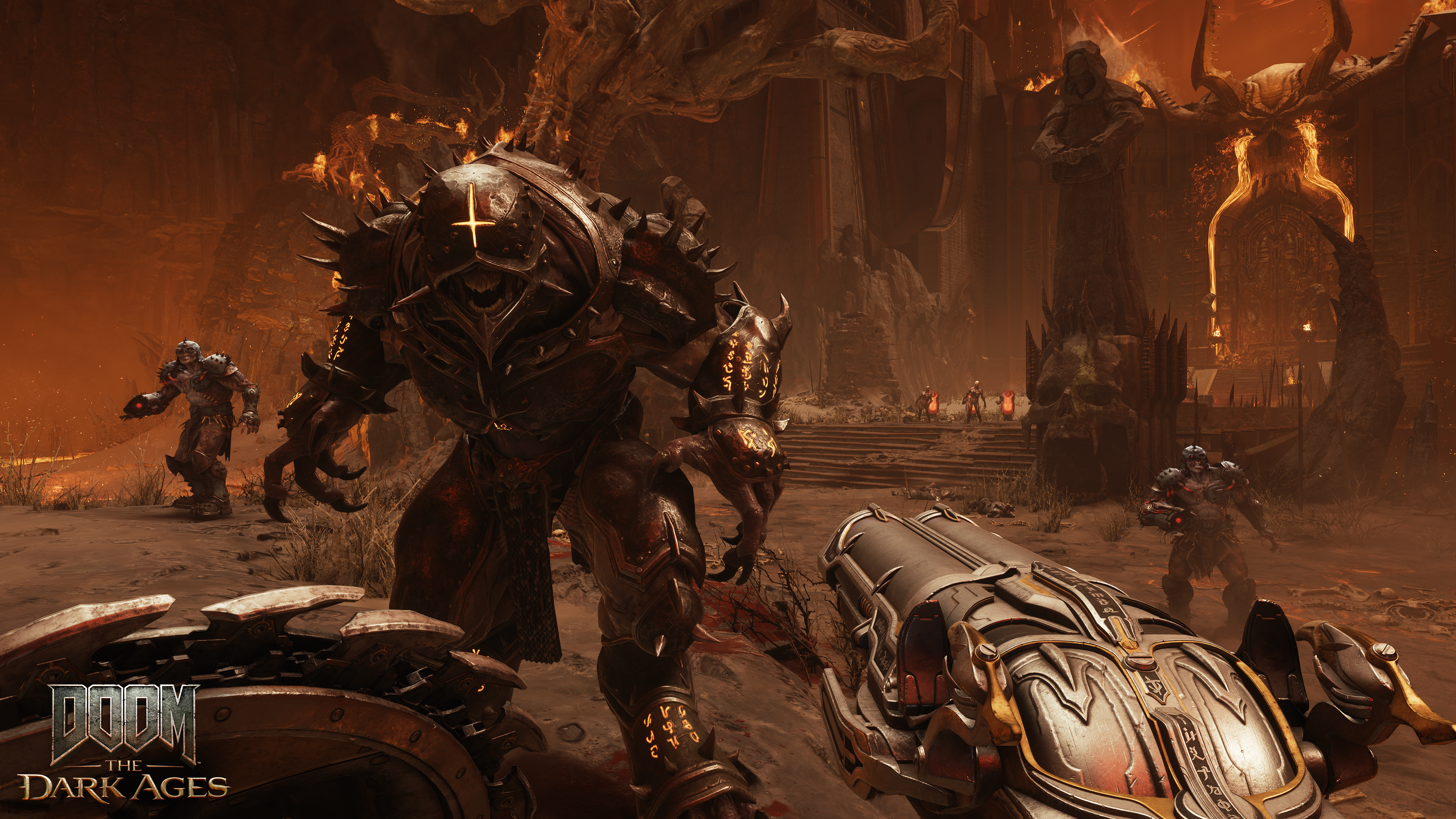
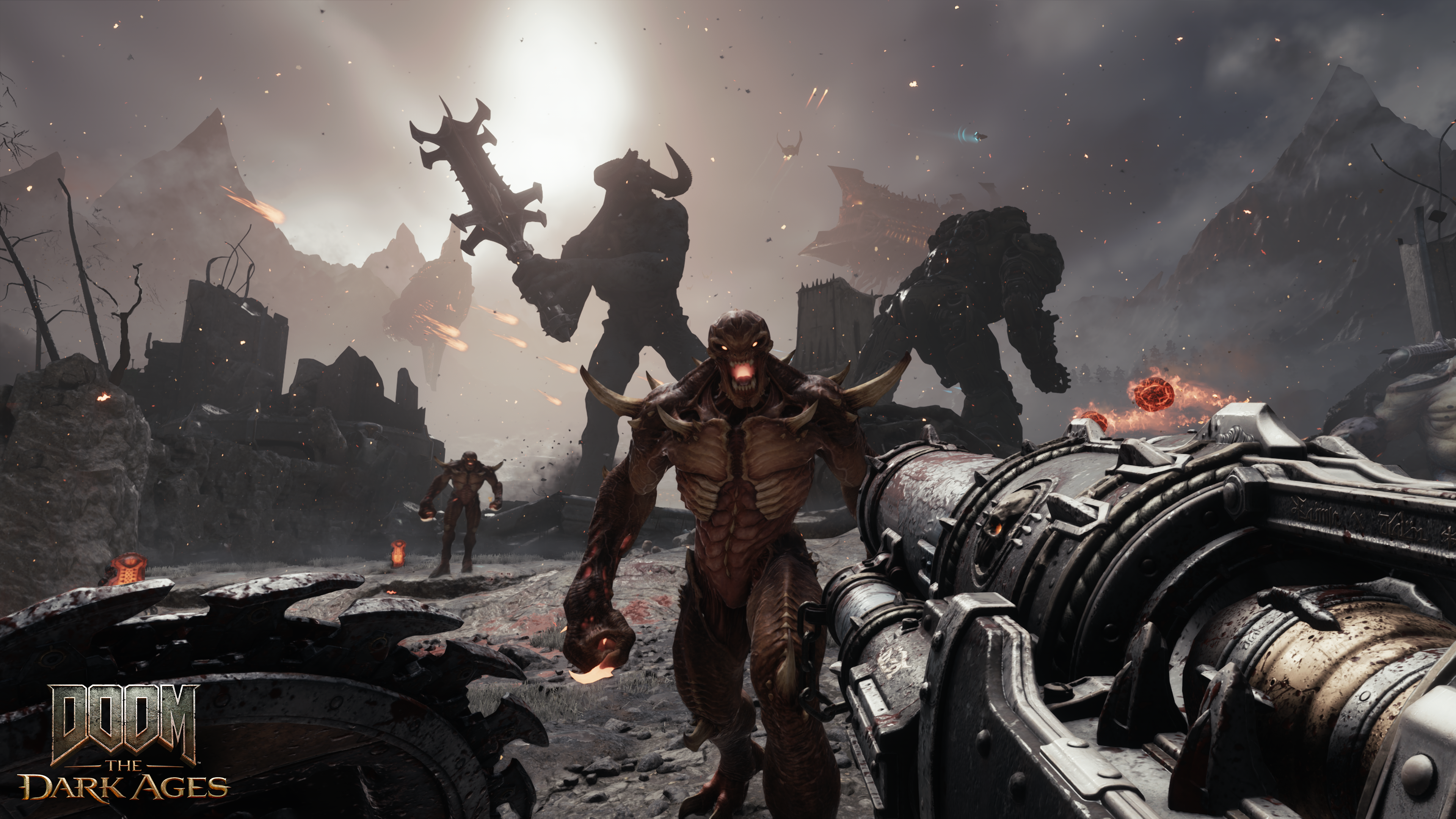 6 Images
6 Images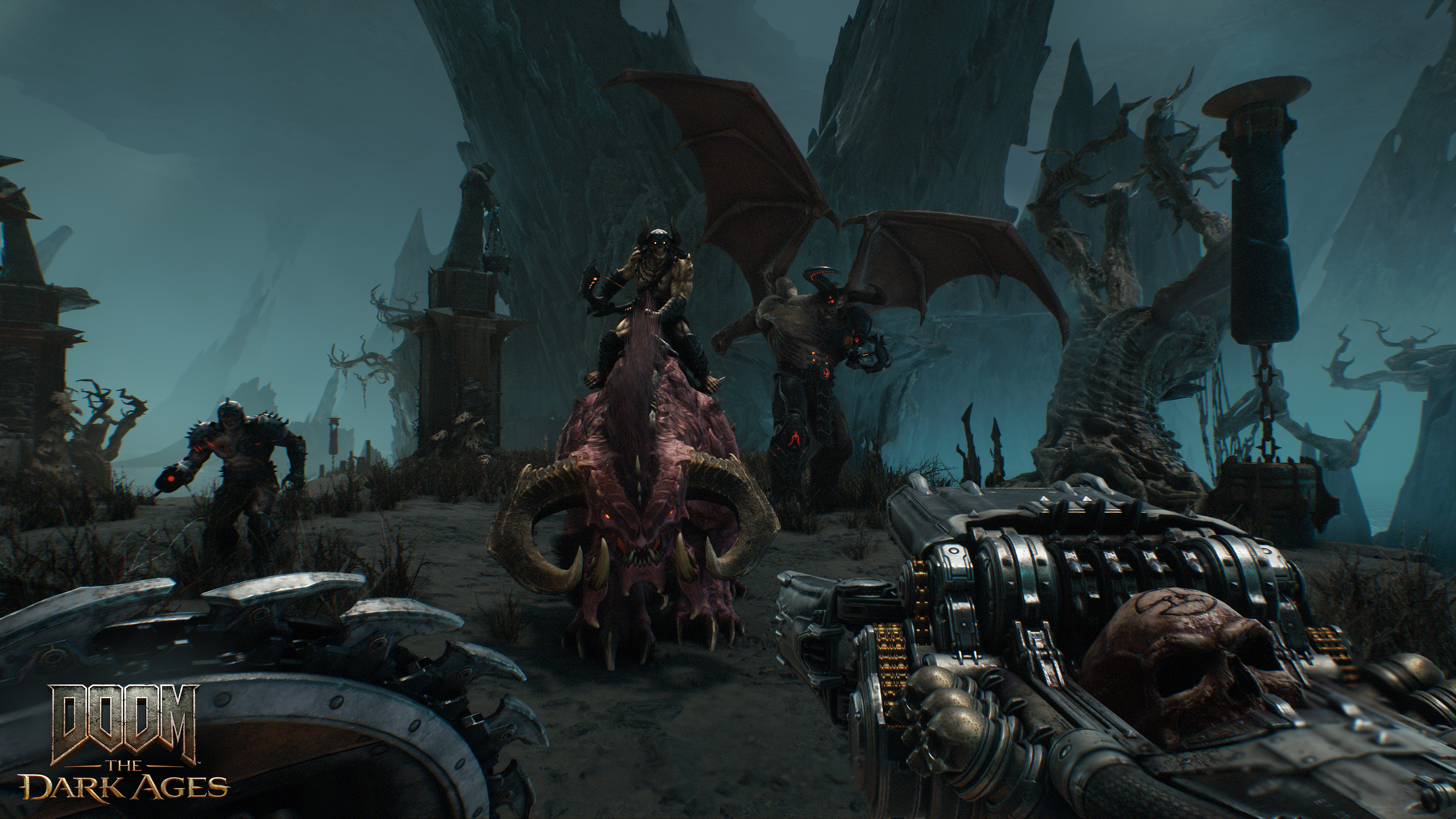
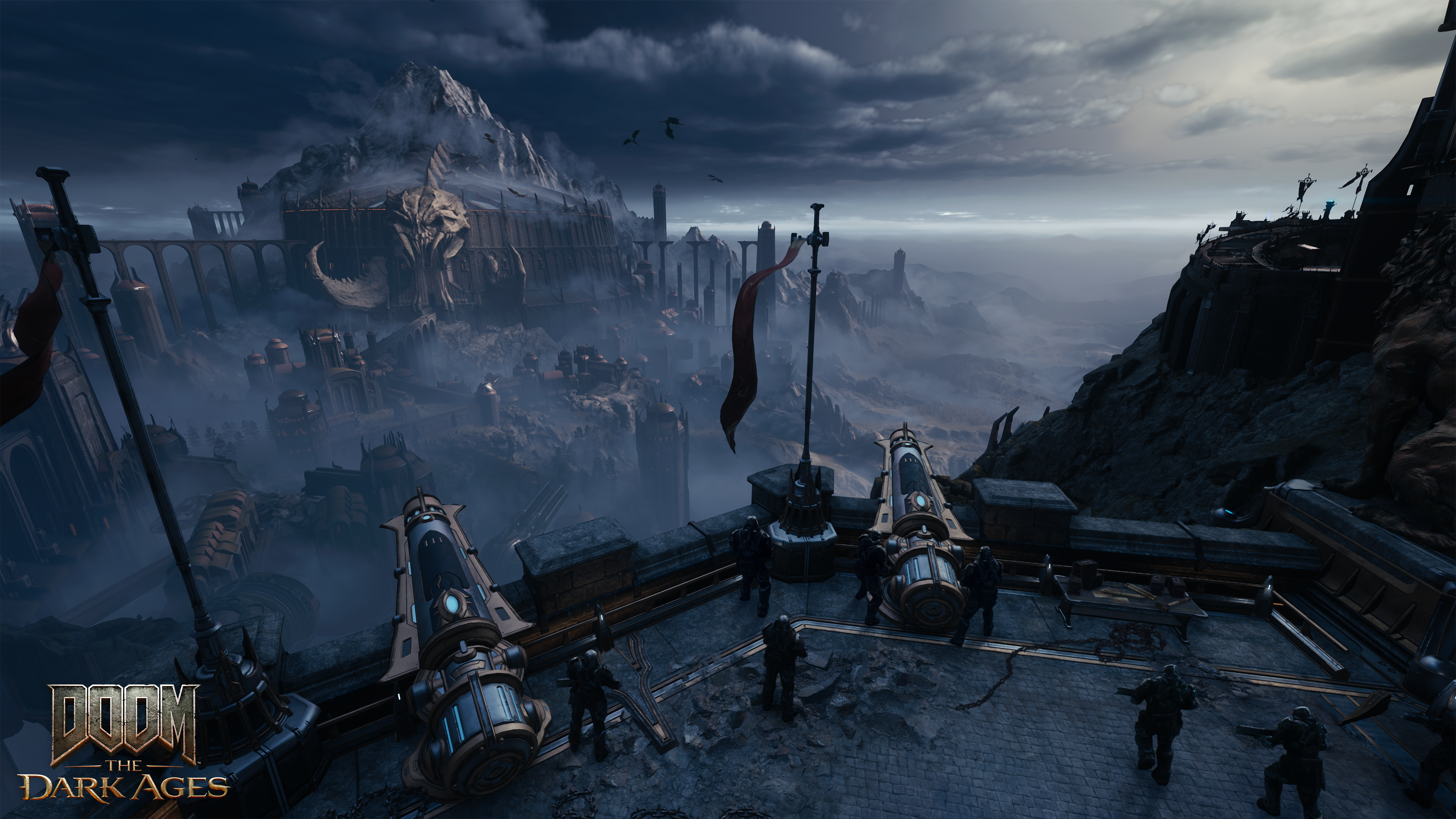
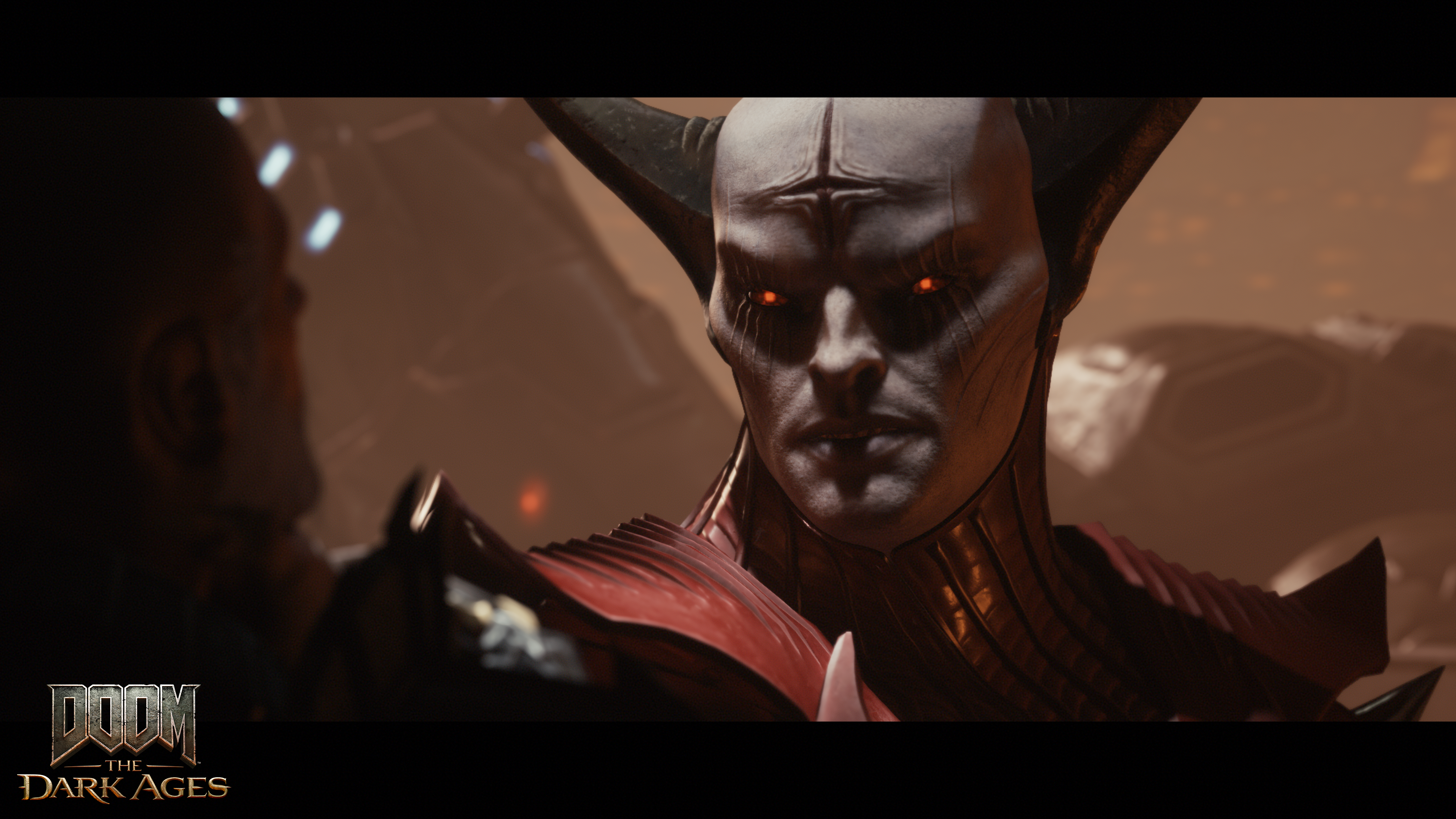
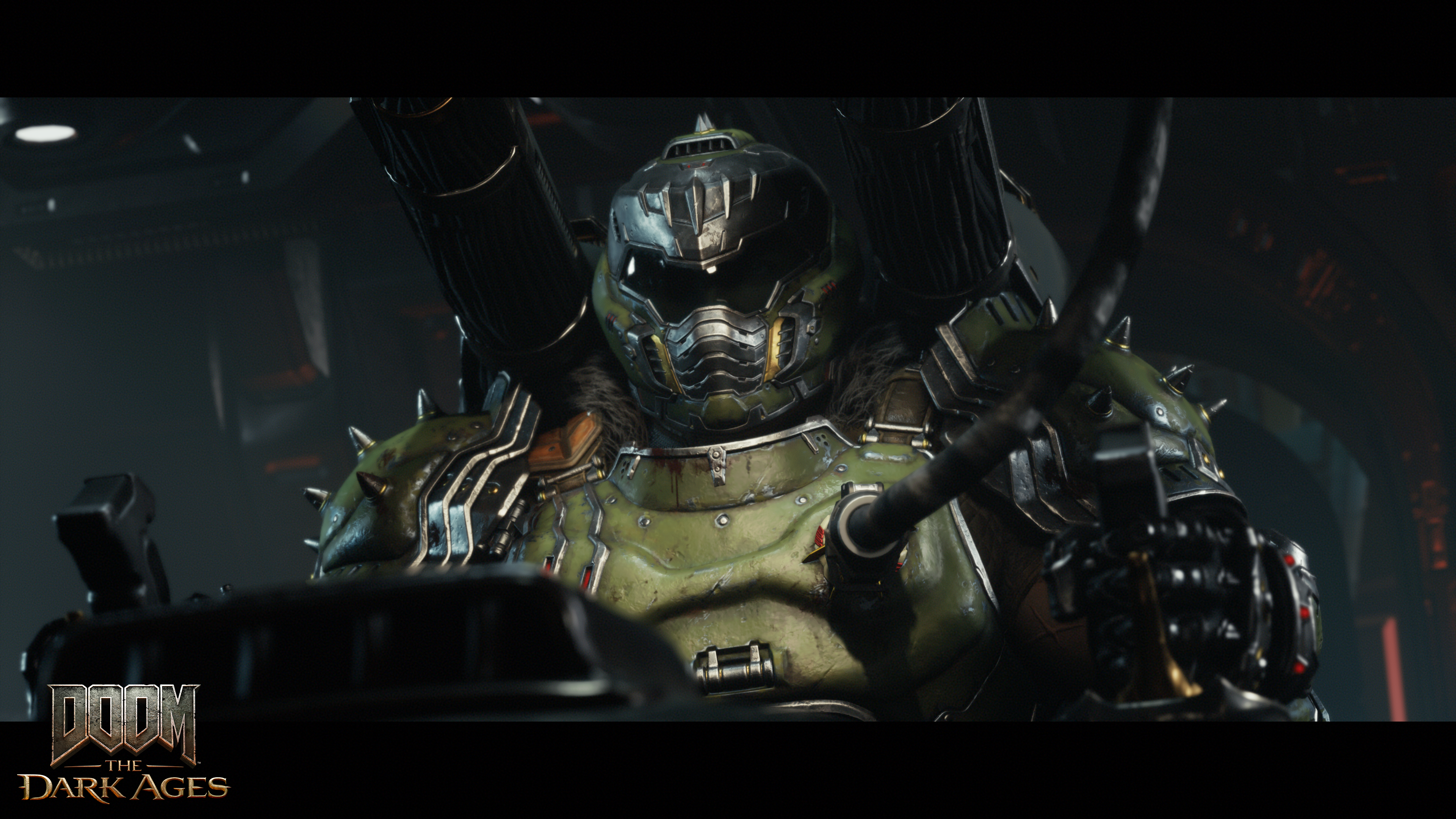
For over a decade, Doom's music continued to align with its gameplay, maintaining a synergy between the speed of its bullets and the ferocity of its soundtrack. However, in 2004, Doom 3 took a bold step into survival horror territory, introducing a slower, more deliberate pace that necessitated a new sound. The main theme of Doom 3, reminiscent of Tool's "Lateralus," showcased a shift towards more experimental and atmospheric music. Although id Software initially sought Trent Reznor's talents for the project, it was Chris Vrenna and Clint Walsh who ultimately composed the theme, drawing inspiration from Tool's complex rhythms and eerie soundscapes.
Despite its commercial success, Doom 3's departure from the series' traditional fast-paced action was seen as an anomaly. The early 2000s marked a transformative period for FPS games, with titles like Call of Duty and Halo reshaping the genre. Similarly, the metal scene was navigating its own evolution, with bands like Slipknot and Deftones pushing boundaries while others like Limp Bizkit and Mudvayne experimented with nu-metal. Doom 3's soundtrack, while not as iconic as Tool's work, successfully captured the game's unsettling atmosphere.
After a prolonged hiatus, Doom returned in 2016 with a complete overhaul, embracing the series' original momentum. Under the direction of Marty Stratton and Hugo Martin, Doom 2016's soundtrack, crafted by Mick Gordon, incorporated djent, a progressive metal subgenre known for its rhythmic chugging. The score's sub-bass frequencies and white noise created a visceral experience that complemented the game's relentless action. Doom 2016's soundtrack became one of the most acclaimed in gaming, setting a high bar for future entries.
The challenge of surpassing Doom 2016's success was evident in the development of Doom Eternal in 2020. Despite some controversy over the final soundtrack, Mick Gordon's influence remained strong, with the music evolving into a more modern metalcore sound, reflecting the genre's dominance in the late 2010s and early 2020s. Gordon's work with bands like Bring Me the Horizon and Architects during this period also influenced Doom Eternal's score, introducing more electronic elements and breakdowns. While still heavy, the soundtrack felt slightly lighter than its predecessor, aligning with the game's inclusion of platforming and puzzle elements.
Doom 2016 remains a personal favorite, resonating with the raw energy of its soundtrack and gameplay. While Doom Eternal is highly regarded, its more refined approach to metalcore and experimental gameplay doesn't quite capture the same essence for me. The 2016 release of Architects' "All Our Gods Have Abandoned Us" similarly stands out as a favorite, highlighting the impact of that year on both metal music and gaming.
The upcoming Doom: The Dark Ages promises to further evolve the series. Revealed during the Xbox Developer Direct, the game introduces a slower-paced combat system with new mechanics like a Captain America-like shield and giant mechs. This shift in gameplay suggests a soundtrack that must balance heaviness with agility, drawing inspiration from both past and present metal. The new composers, Finishing Move, seem to be channeling influences from bands like Knocked Loose, known for their seismic breakdowns, while also revisiting the thrash roots of the original Doom.
The Dark Ages' gameplay innovations, such as mounting mythological creatures and piloting mechs, suggest a broadening of the Doom experience. This evolution mirrors the experimental trends in modern metal, where bands like Bring Me the Horizon incorporate diverse influences. As Doom continues to push boundaries, its soundtrack remains a crucial element, enhancing the game's immersive experience. With its release in May, The Dark Ages is poised to offer both a thrilling gameplay experience and a new favorite metal album for fans to enjoy.
-
1

Every Pokémon Game on the Nintendo Switch in 2025
Feb 25,2025
-
2

Roblox: Trucking Empire Codes (January 2025)
Mar 05,2025
-
3
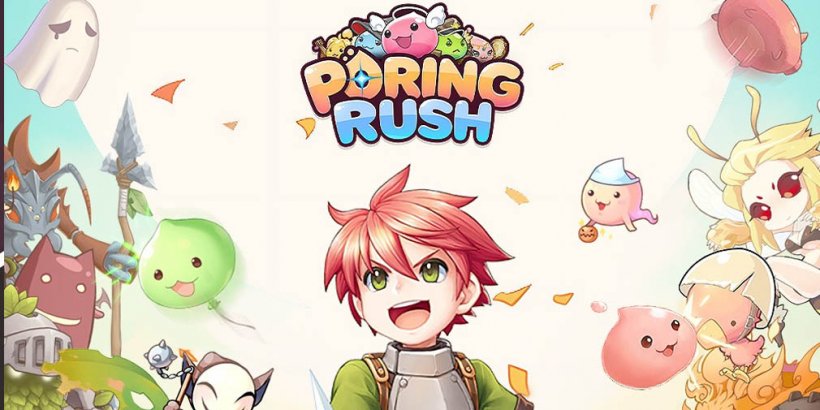
Poring Rush, the casual battling spin-off from hit MMORPG Ragnarok Online, is out now
Dec 30,2024
-
4
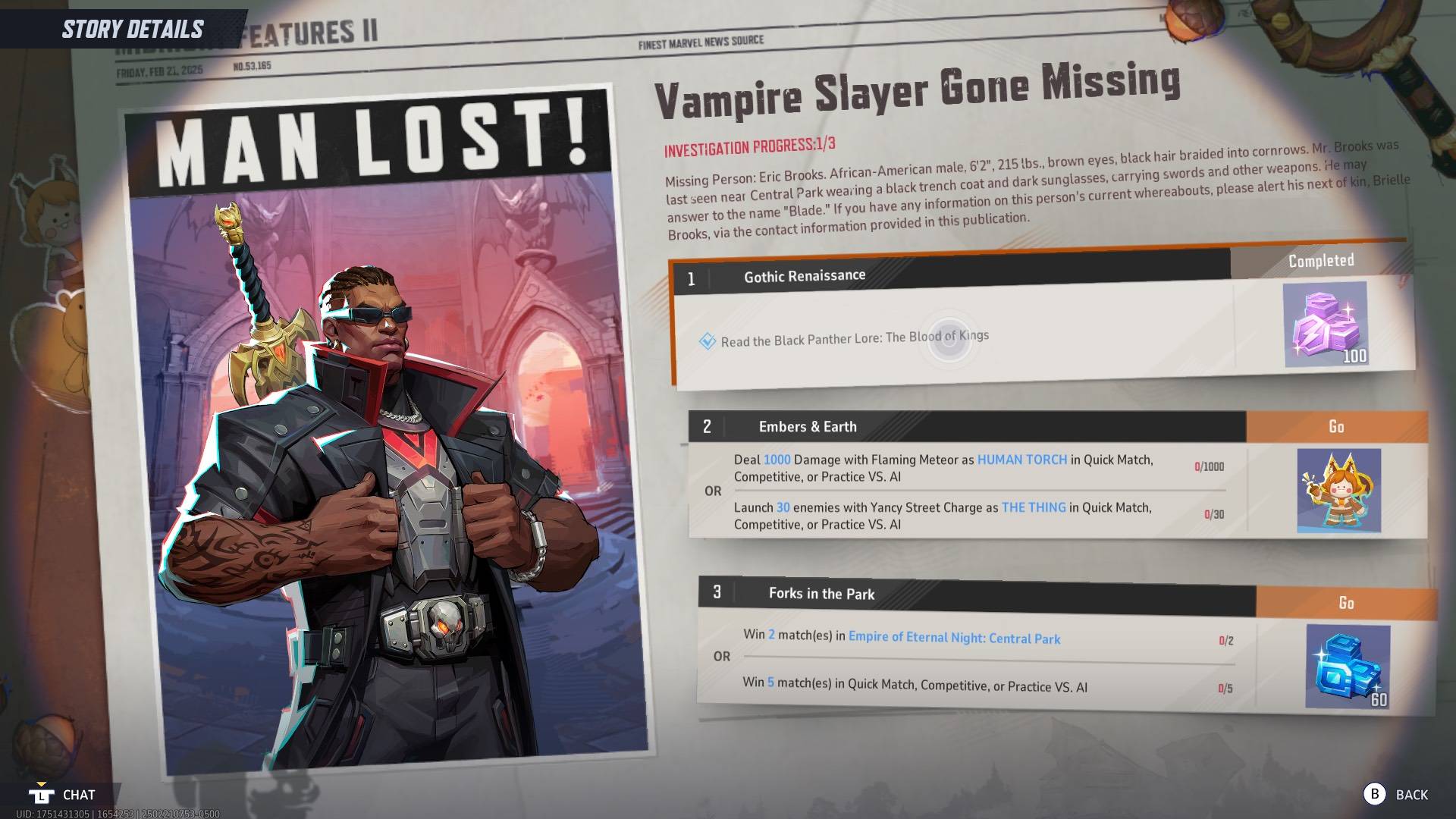
How To Read Black Panther Lore: The Blood of Kings in Marvel Rivals
Mar 01,2025
-
5
![Anime Vanguards Tier List – Best Units For Each Gamemode [UPDATE 3.0]](https://images.gzztb.com/uploads/35/17376012656791b0f12fa1c.jpg)
Anime Vanguards Tier List – Best Units For Each Gamemode [UPDATE 3.0]
Feb 27,2025
-
6
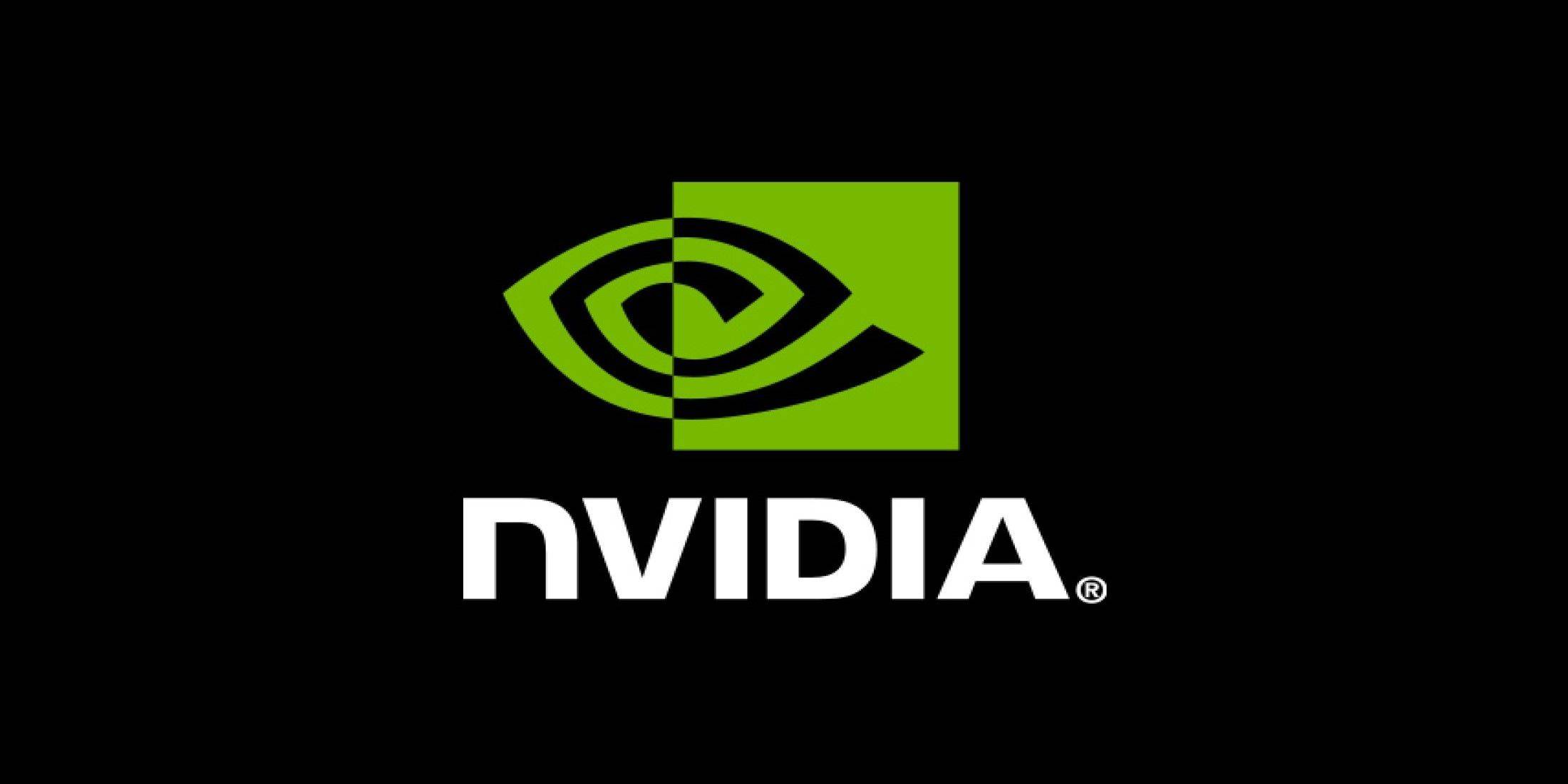
Nvidia RTX 5090 Specs Leak: Rumor Confirmed?
Mar 14,2025
-
7
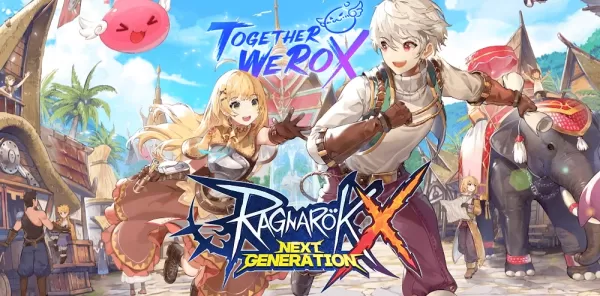
Ragnarok X: Next Gen - Complete Enchantment Guide
May 25,2025
-
8
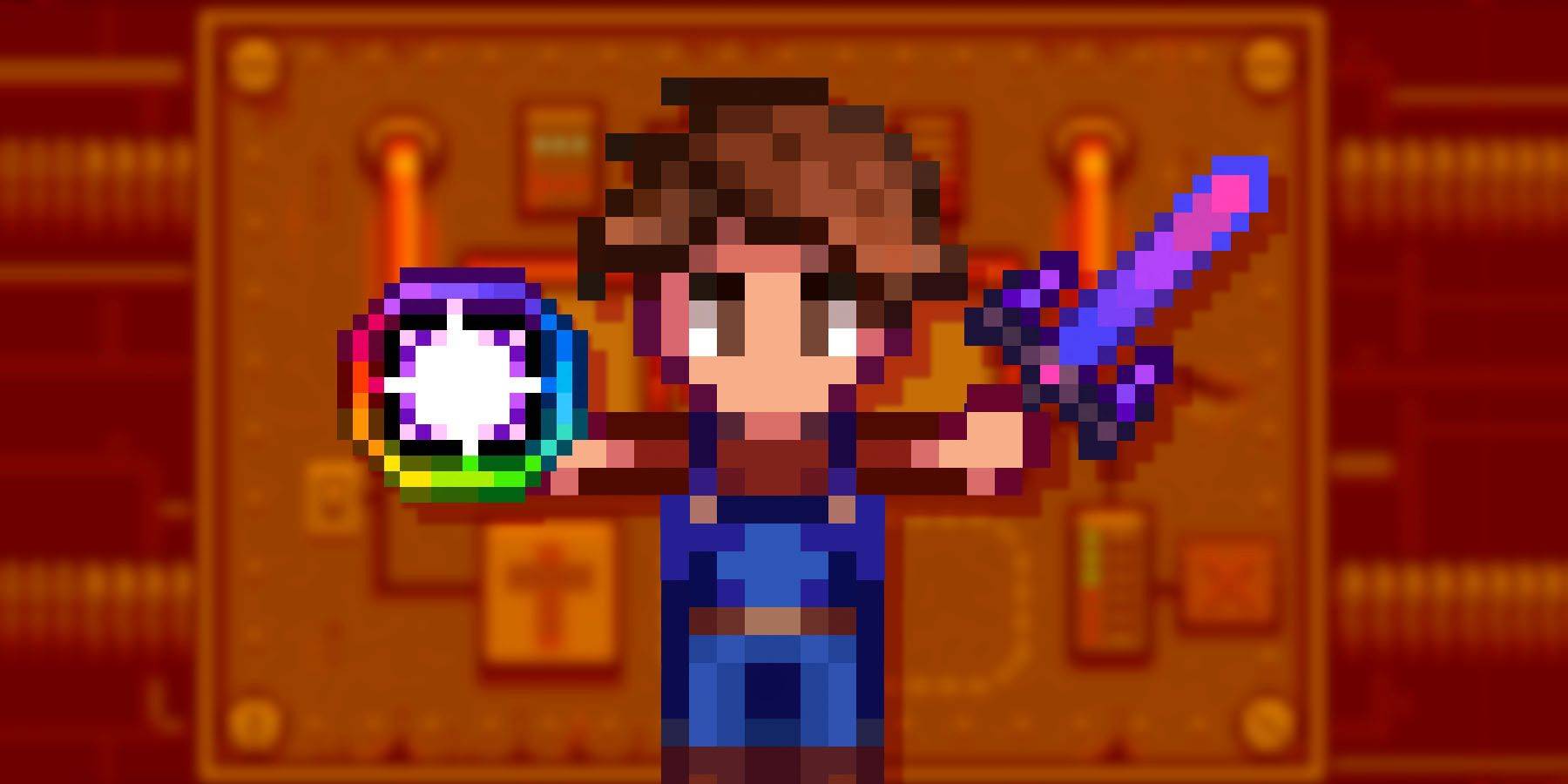
Stardew Valley: A Complete Guide To Enchantments & Weapon Forging
Mar 17,2025
-
9
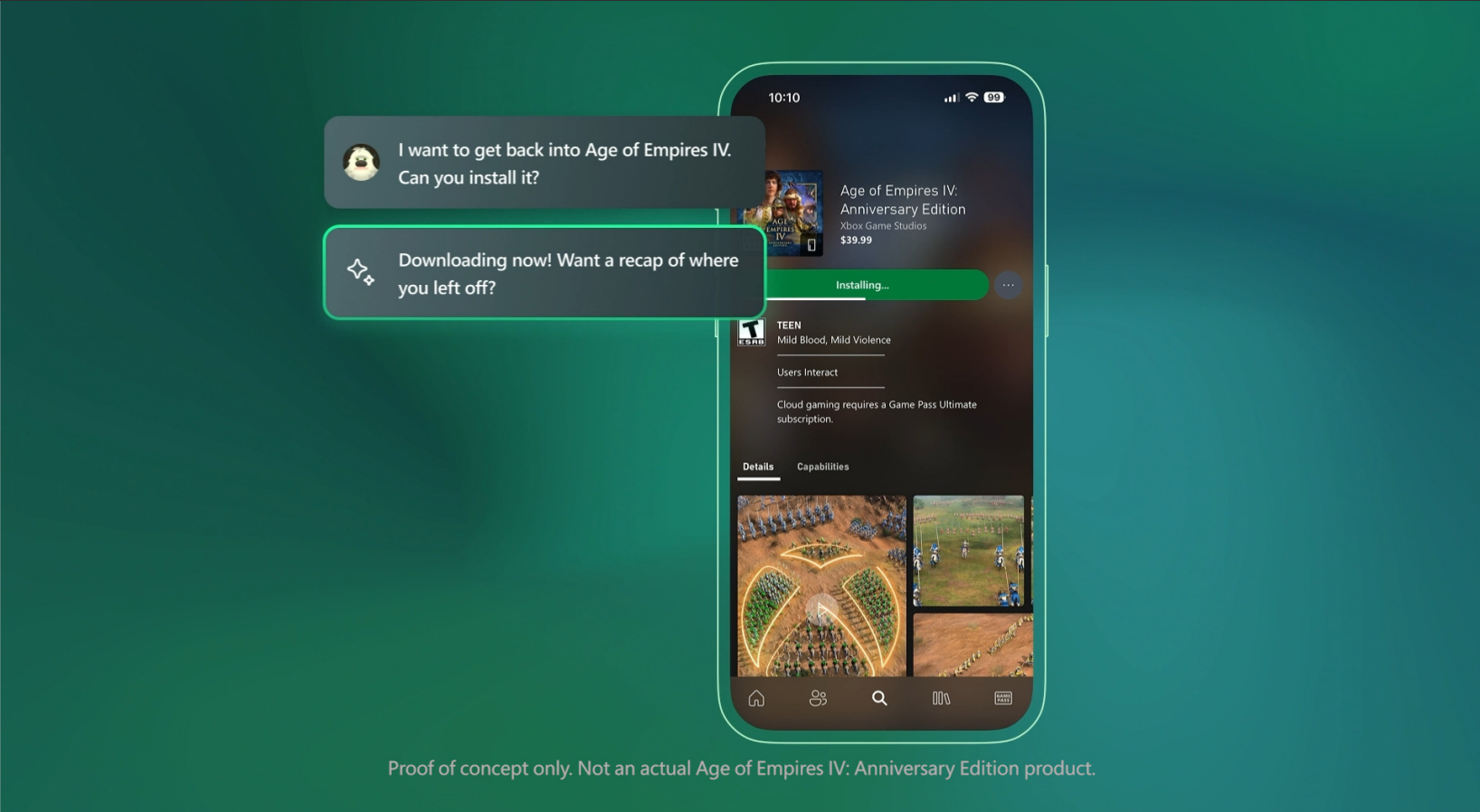
Microsoft to Integrate Copilot AI into Xbox App and Games
May 21,2025
-
10
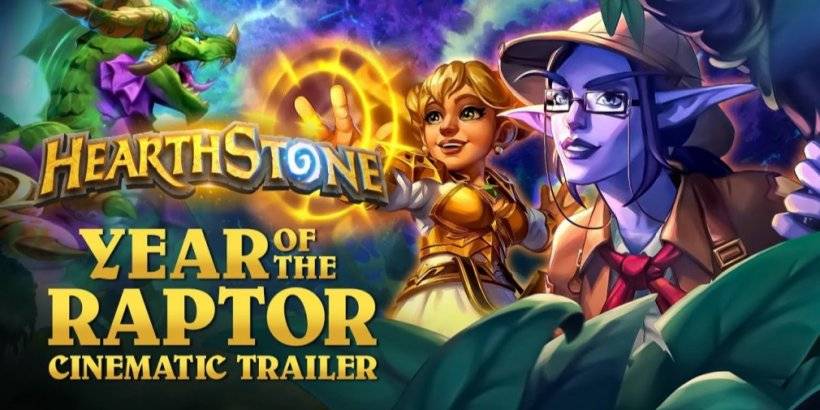
Hearthstone has kicked off the Year of the Raptor with a myriad of new content
Mar 16,2025
-
Download

The Golden Boy
Casual / 229.00M
Update: Dec 17,2024
-
Download

Niramare Quest
Casual / 626.43M
Update: Feb 21,2023
-
Download
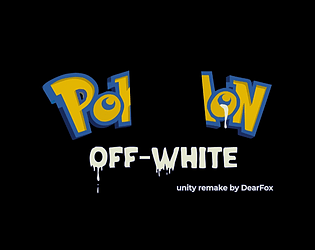
POW
Casual / 38.00M
Update: Dec 19,2024
-
4
Mother's Lesson : Mitsuko
-
5
Gamer Struggles
-
6
How To Raise A Happy Neet
-
7
Poly Pantheon Chapter One V 1.2
-
8
Dictator – Rule the World
-
9
Strobe
-
10
Livetopia: Party

